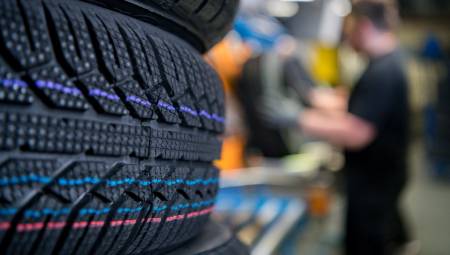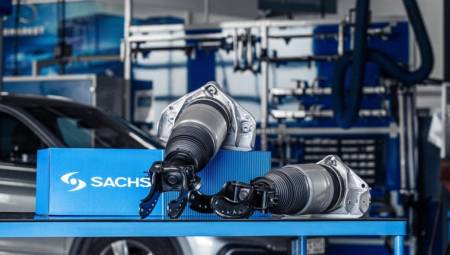International. The global shortage of chips caused by the high demand for different material goods has caused disruptions in the production chains of the vast majority of car manufacturers, a situation that could last approximately until 2030, according to several brands.
Against this, estimates indicate that the industry could need between 15 and 20 months to overcome the shortage of semiconductors around the world. For Ola Kallenius, CEO of Daimler, "several chip suppliers have been talking about structural problems in demand. This could affect 2022 but the situation could be more relaxed in 2023."
On the other hand, Herbert Diess, CEO of Volkswagend, believes that the situation will not normalize during the coming months or even years, as semiconductors continue to be in high demand and will continue to be needed more and more.
This situation has led firms such as Ford, Jaguar Land Rover, Stellantis, General Motors or Renault to stop or slow down their production in recent months.
Increased demand and low supply capacity
In another sense, the increase in demand and supply capacity by the main manufacturers represent greater risks such as: concentration of markets (Taiwan and South Korea). In the case of Taiwan, there are other externalities that can affect production, such as the scarcity of water for the chip manufacturing process in the face of the drought that the country has been experiencing in recent months. Another risk is also related to the weather. The high temperatures are generating very high peaks in electricity consumption that have led to blackouts.
These risks, if materialized, would generate a sharp increase in the price of chips. In the case of the US, the price of second-hand vehicles has skyrocketed due to the impact of the shortage of microchips, which has been the recipient of an unusual excess of demand.
Increase in semiconductor investment
Intel CEO Pat Gelsinger said the U.S. company planned to invest up to $95 billion (80 billion euros) in Europe over the next decade.
Intel, Samsung Electronics and TSMC plan to invest about $75 billion (€63 billion) combined in semiconductors this year, up from about $50 billion (€42 billion) in 2019. Still, Semico Research estimated that the sector as a whole would spend just 13% more than in 2020.
Samsung Group, with 180 trillion won, or 75 percent of the amount, allocated to South Korea, promised to directly hire 40,000 more employees by 2023, which will increase bidding capacity.














